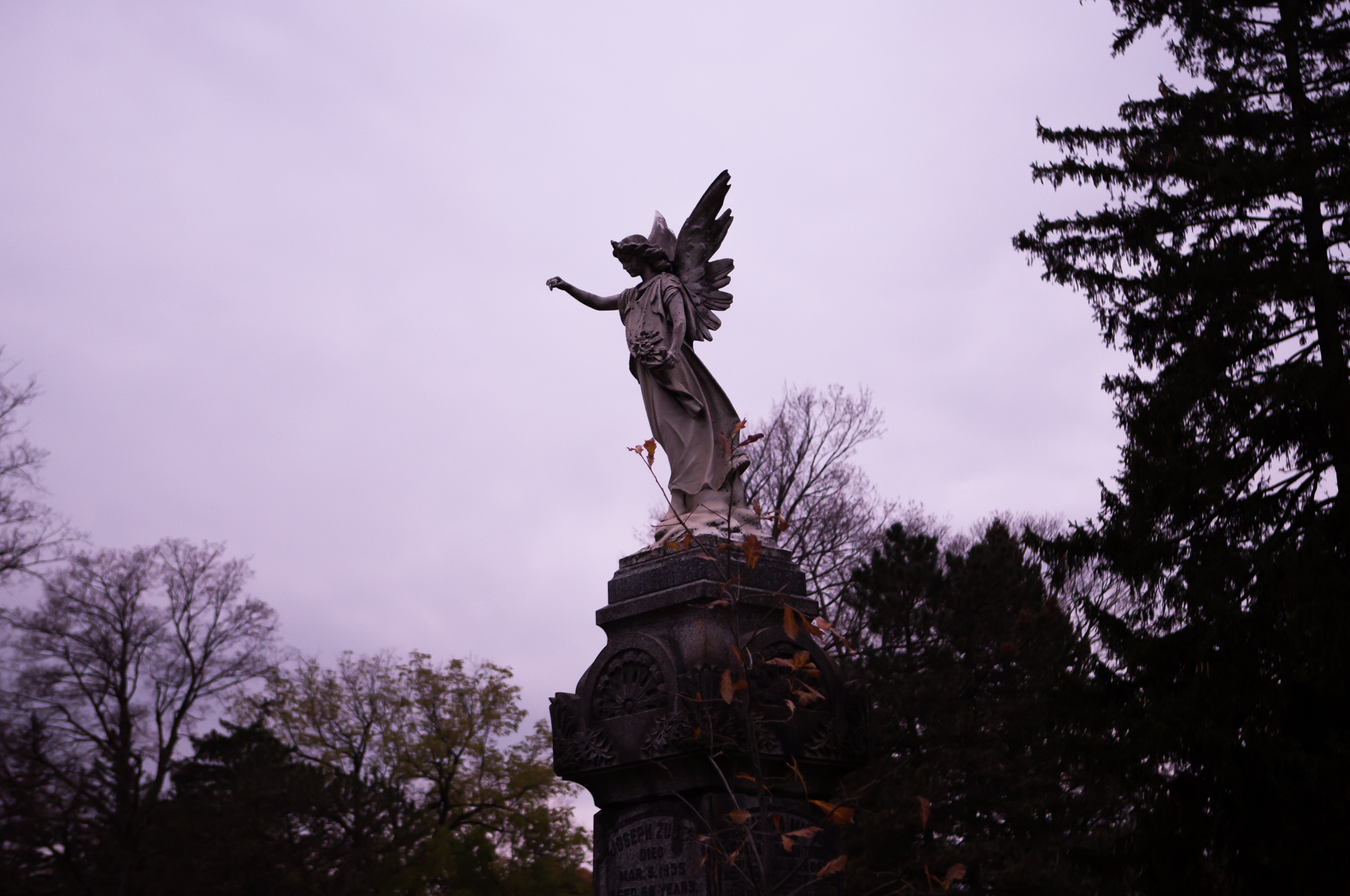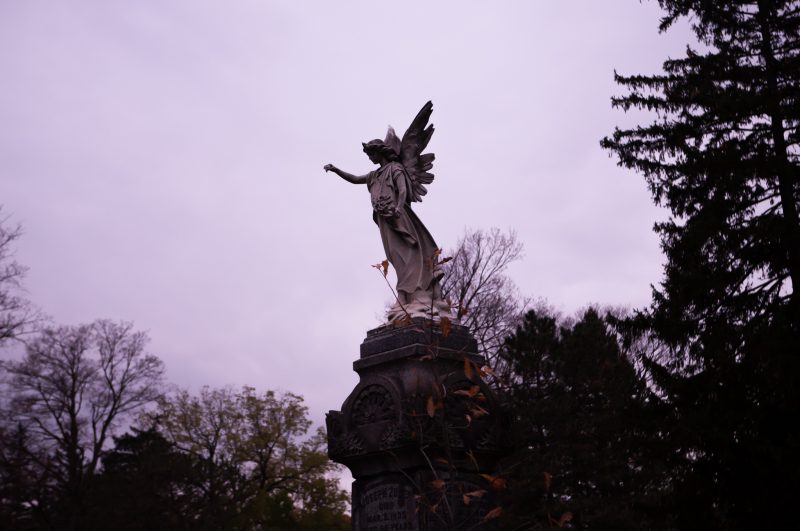What’s it like to work as a funeral director?


As conscious, living organisms, it’s not rare to concern ourselves with feelings of existentialism and the inevitability of death. We’re all going to die and we know that. It comes with the territory.
What a fun way to start your Wednesday morning, huh?
Regardless of your religious views and opinions, we only inhabit these bodies for an average of eighty-two years—after that, who knows?
But it’s much less common to concern ourselves with what happens to our bodies after we die. Not our soul or spirit or those funky crystals people collect, but the hundred and seventy pounds or so of flesh, muscle and bacteria that make up what is soon to be our carcass.
That’s where a funeral directors come into play—the profession I’d crudely labeled a ‘mortician’ until about a few hours ago.
The vast majority of my knowledge on this profession had come from HBO’s classic black comedy ‘Six Feet Under’. The Fishers! However, as we all know, programs like this capitalize off dramatic overexaggerations.
What really happened behind the scenes was a mystery to me. So, forget about Peter Krause for a minute and let’s take a look at what exactly a licensed funeral director actually does.
“They meet with a family, they make funeral arrangements,” Kamal Bhardwaj, owner and licensed Funeral Director at Kitchener Funeral and Crematorium said.
“There are various forms that are completed with families, from legal documents that deal with death registration, government forms, to the actual contracts that a family meets and decides on what flowers or what casket to choose, or urn,” he explained. “Things like that, anything associated with a funeral.”
However, this is only part of the job. “There’s also aftercare that a funeral director does,” Bhardwaj said. “So when someone passes away, there’s various things that have to be done, from the state matters to canceling identification.”
“So a funeral director will sit with a family and help them navigate through all those. How to cancel their health cards or driver’s license and get into other estate matters.”
But of course, not just any chump off the street can go about these numerous duties. “You need a license to actually sign off on these forms,” Bhardwaj added.
“These licenses are issued provincially, by a government agency called the Bereavement Authority of Ontario.”
There is a process to this, however. It’s not as simple as simply applying for a license. “In the province of Ontario, there’s only one place, which is Humber College. Humber College in Toronto is the place where you go through a funeral director program.”
The process itself is rather extensive and exhaustive. “There’s a one year, in-school program. Following that is an internship.”
“The internship involves you having to work at a funeral home for the second part of this second year. And once you complete all your courses—[and] you pass all your courses—[and] your internship, then you write the board exams, and you have to pass those as well,” Bhardwaj said.
It makes you wonder, what are the positives of such a career? What may be some of the deterrents? Handling the idea of death is not something everyone is comfortable with, so what makes such a career so attractive to some?
“For me, I’ve always enjoyed helping people,” Bhardwaj said. “A natural extension to doing funeral director work is actually helping people, right? So it’s almost like a calling in life.”
“I get that warm and fuzzy feeling when I’m able to help a family…It’s such a rewarding feeling in the end when we help these people.”
However, no job is perfect. Just like with any career, there are downsides as well.
“You’re constantly working. So, you’re missing birthdays, you’re working on holidays—statutory holidays—and because we never close, you do miss out on some personal life,” Bhardwaj said.
“So, somebody who wants to do this as a living has to understand that when you do this kind of work that you sometimes have to give up certain things just because it comes with the territory.,”
However, recently over the past year or so, the industry has been faced with some difficult protocols due to COVID-19. Limits on funerals cap off at a maximum of ten attendants, making the process of losing a loved one that much harder.
“People are having a hard time [grieving] because when you grieve, you need support, right?, That’s been the most recent difficult thing, helping people trying to handle funerals in lockdown situations with COVID,” Bhardwaj said.”
It’s impossibly difficult to imagine such a scenario having not been in one. Not only for someone grieving, but for those assisting them in their grief.
As humans, death is a personal and inevitable fact of life to us and these periods of grief are important—they’re a necessity. Thankfully, members of our community like Kamal Bahardwaj are here to help during these unthinkable times.

